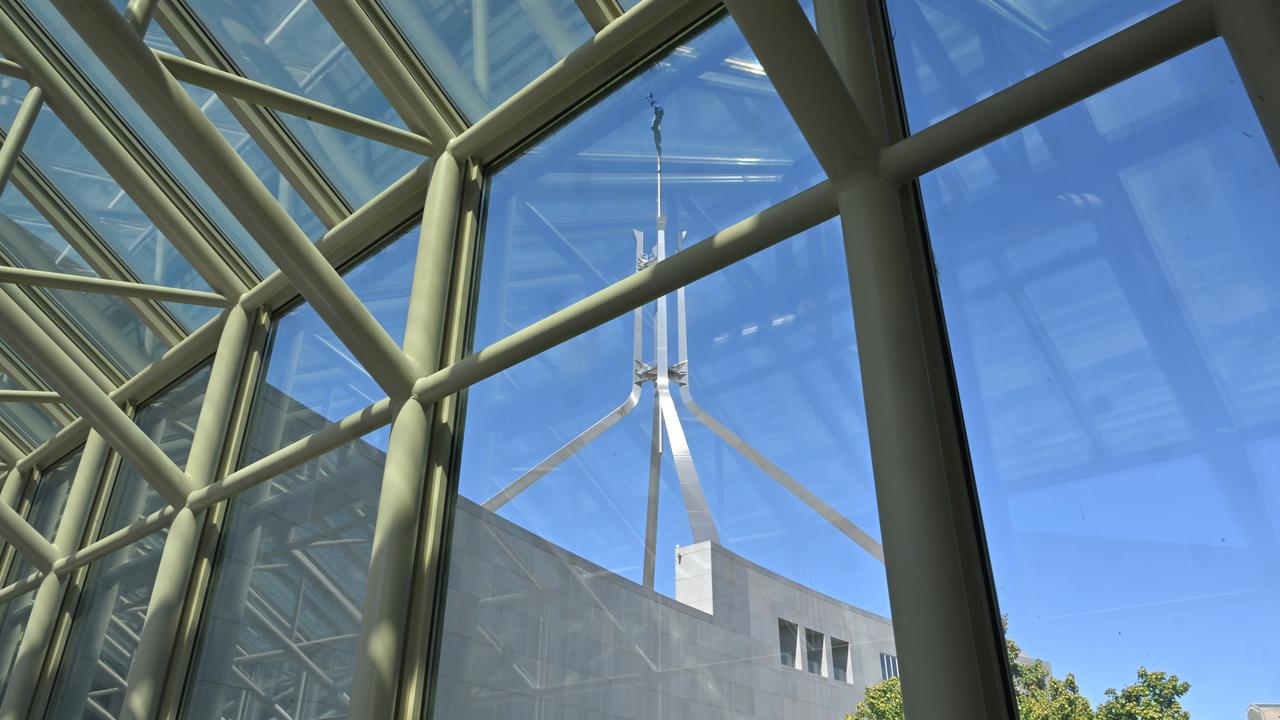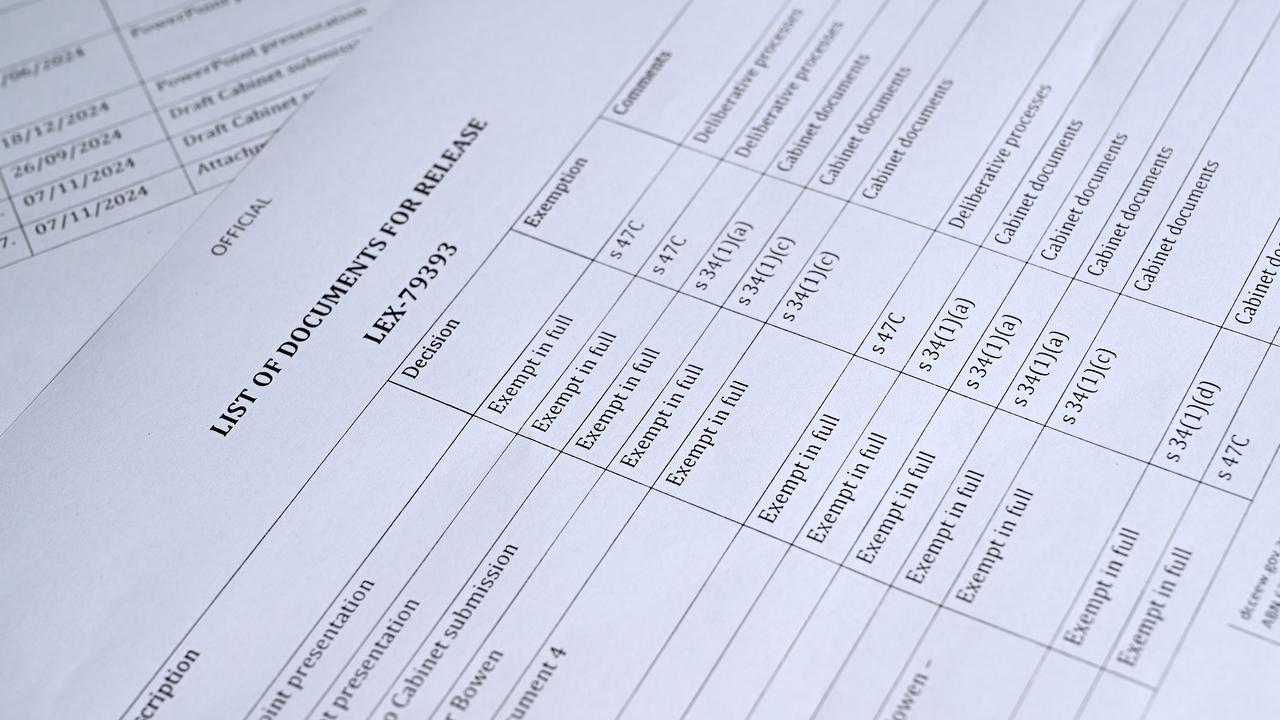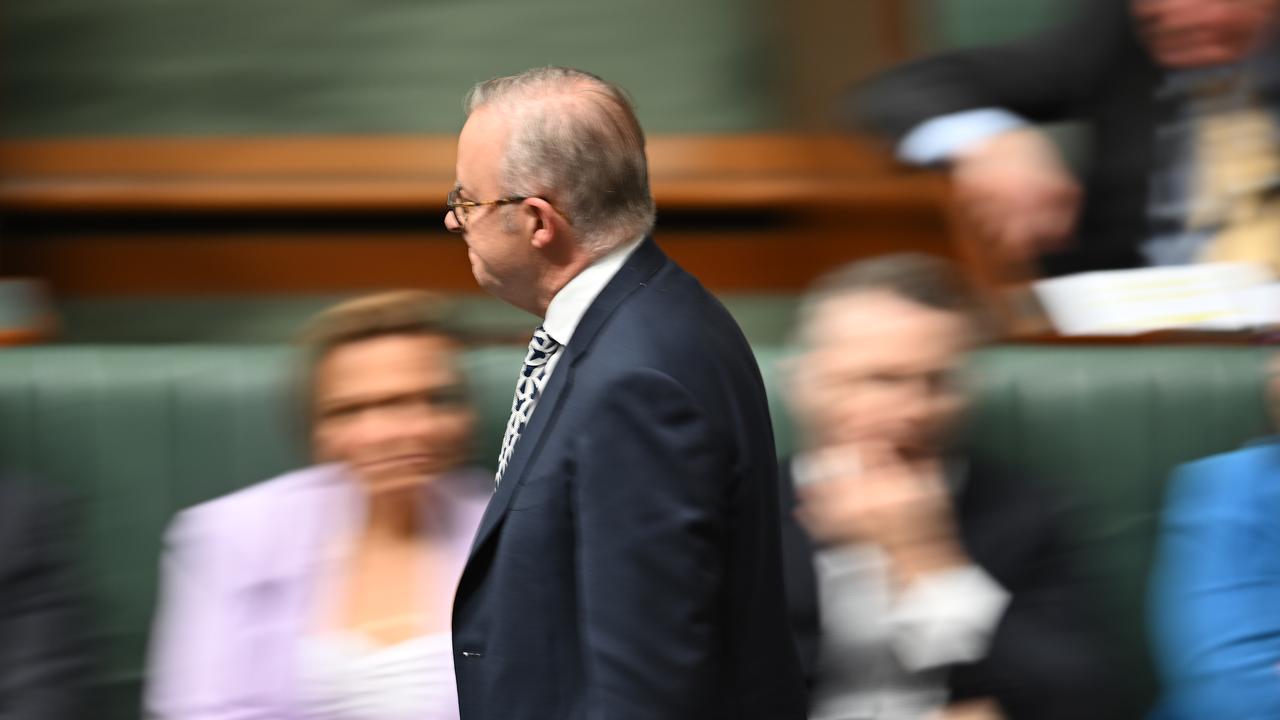
Freedom of information requests should be free, an independent analysis has found, poking holes in the attorney-general's argument to introduce new fees.
Requests made under freedom of information laws should be stripped of feeds, a review of the ACT's laws has concluded, while public interest tests should be simplified and leadership enhanced to promote a pro-disclosure culture.
Commonwealth Attorney-General Michelle Rowland has flagged reforms that would charge Australians to request information about government and make it harder for some documents to be disclosed.
Ms Rowland argued a charge, flagged as between $30-60, was needed to curb the number of requests departments were receiving from vexatious applicants.
The volume was inhibiting the work of smaller, resource-constrained agencies, she claimed.

The laws in their current form are opposed by the coalition and Greens, meaning they have no path through the Senate.
States and territories have varying charges, but each jurisdiction has other transparency measures the Commonwealth does not, such as the automatic disclosure of ministerial diaries.
Commonwealth departments also take different approaches to some requests, with some not charging processing fees while others, like Treasury, have requested $15-$20 an hour after the first five hours, which were free.
Charges can be disputed due to financial hardship or if access to the documents is in the general public interest.
The ACT review, conducted by consulting company Proximity, acknowledged agencies faced the challenge of vexatious or abusive applications.
It recommended amendments that would allow an application to be determined as vexatious, while leaning away from fees being used as a deterrent.
"Permitting this practice could result in misuse of the fees system, whereby fees are applied to effectively exclude people who agencies decide they don't want to deal with," it said.
"Therefore, the inclusion of fees as a deterrent is not supported."

Applicants in the ACT determined to be frivolous or vexatious can be refused, which helps balance the principles of transparency with abuse of the freedom of information system, the report noted.
But agencies had called for the threshold to be lowered, saying it was "almost impossible to meet".
The review recommended clearer rules to weed out such applications.
ACT Attorney-General Tara Cheyne branded freedom of information schemes as "a crucial component of a flourishing democracy".
A review of the Commonwealth freedom of information regime by the Centre for Public Transparency found the Albanese Labor government was the most secretive in decades due to fewer requests being fully granted.







